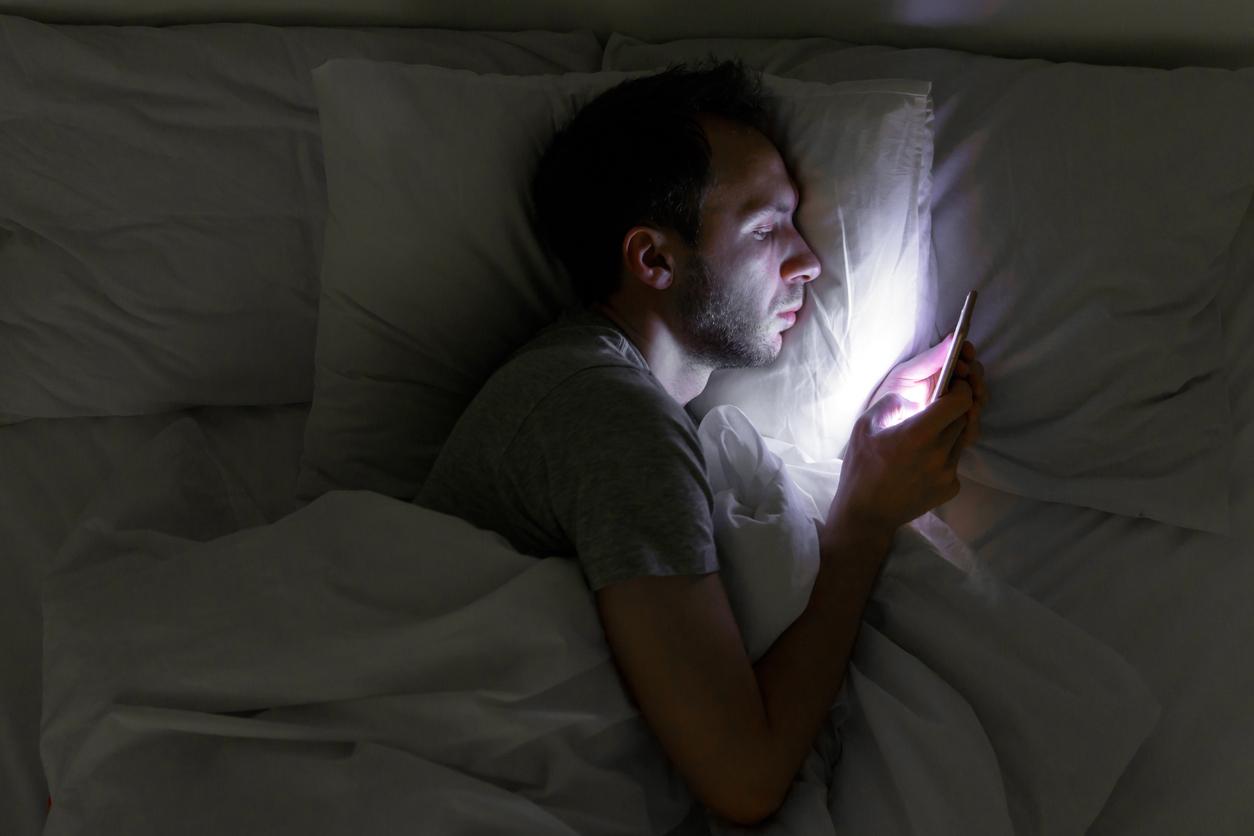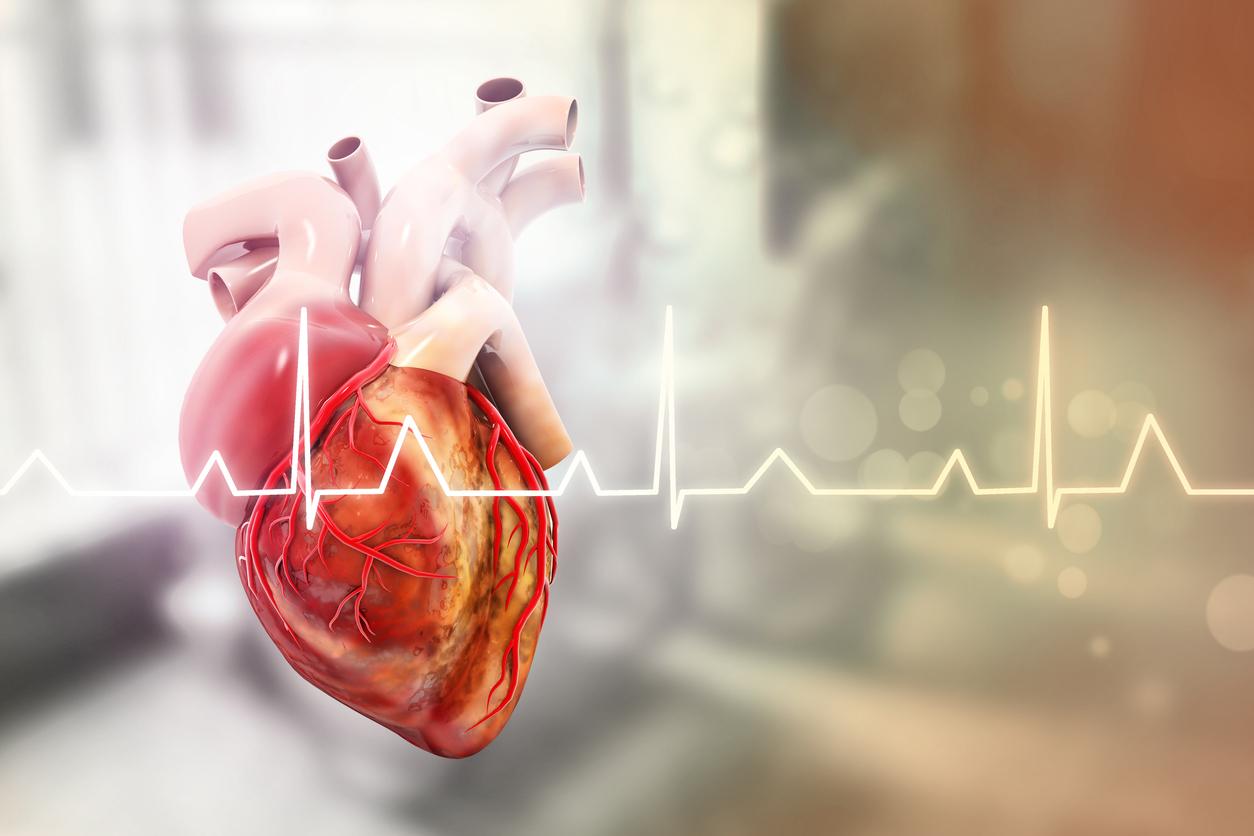Researchers at Harvard Medical School (United States) sought to correlate gout attacks with the time of day or night. They studied for 1 year the triggers of these attacks in 724 patients.
The researchers noticed that the seizures of drop were more frequent at night. Out of 1,433 attacks recorded, 733 occurred during the night (midnight to 8 am) and 390 in the evening. Only 310 seizures occurred during the day (8:00 a.m. to 2:59 p.m.).
“The risk of gout attack is thus 2.4 times higher during the night compared to the day, even after taking into account the risk factors” explains Dr. Hyon Choi, professor of medicine and researcher at the Harvard Medical School.
Indeed, the risk of nocturnal seizures persists in people who have not drunk alcohol as well as in patients with a normal uric acid level, 24 hours before the seizures. It also exists in all patients who have taken diuretics, allopurinol (a drug that lowers uric acid in the blood, the latter being responsible for urinary stones if it is present in excess), NSAIDs (anti -inflammatory drugs including aspirin) and colchicine (a medicine used in the treatment and prevention of gout attacks), between or before attacks.
The drop in numbers
Gout is an inflammatory condition. It is characterized by an excess of uric acid in the blood, a waste naturally produced by the body. It is also called hyperuricemia. This excess leads to the formation of crystals and deposits in the joints, causing painful inflammation of the joints. The diagnosis of gout could be estimated in France in 0.9% of the population, i.e. 1 in 100 people, according to a study carried out by Professor Thomas Bardin, rheumatologist at Lariboisière hospital in Paris and president of the France Rhumatismes association.
Read also:
Gout attacks: two glasses of cherry juice a day could prevent them
What to know about gout


















